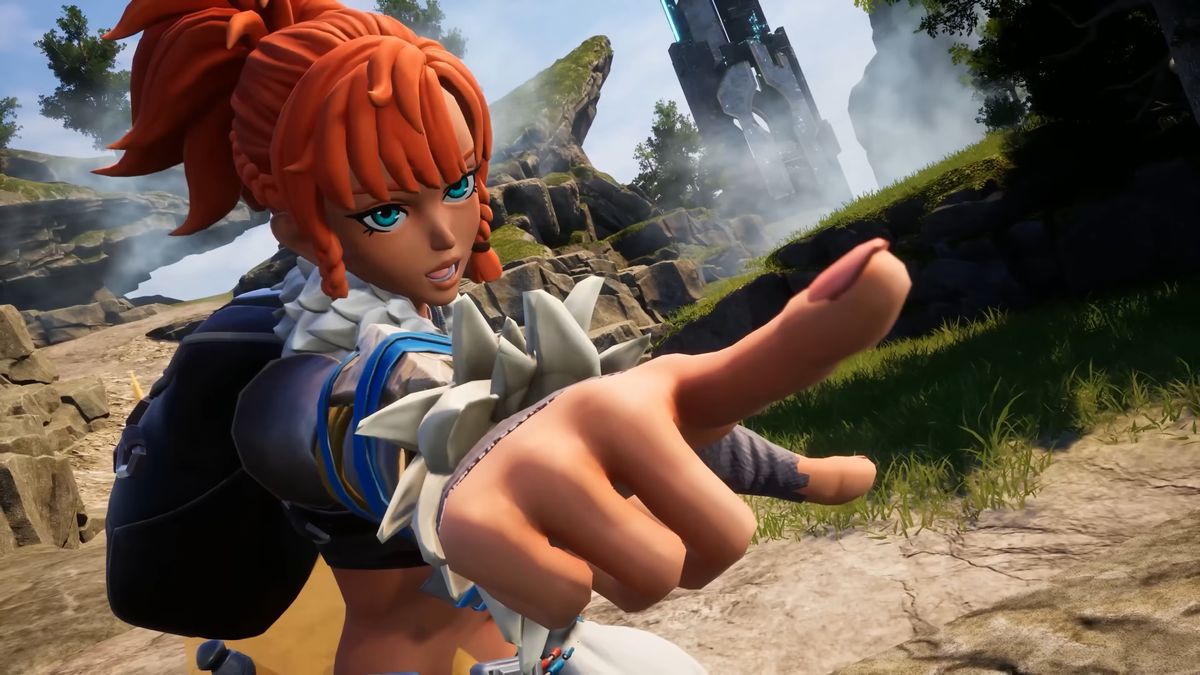When Nintendo announced its lawsuit against Palworld developer Pocketpair last week, it kicked off immediate conversations about how well Pocketpair could hope to fare in court. Despite Nintendo’s last few years on the intellectual property warpath, IP lawyer and videogame patent expert Kirk Sigmon says its success in its Palworld lawsuit is far from guaranteed. In fact, Sigmon says that in suing Pocketpair, Nintendo risks losing its patent entirely.
In an interview with PC Gamer covering videogame patents and the Palworld lawsuit, Sigmon said that drafting a patent filing is a delicate balancing act, especially when it’s a patent on a videogame design concept.
“Your job, to some degree, is to weave the delicate balance between going overly narrow—allowing everyone to freely knock off your idea because you’ve described it so narrowly—and going too broad,” Sigmon said. “If you’re too broad, then you’ve given them a pathway to make the patent go away, because you’ve given them an opportunity to prove that it was already in existence.”
By Sigmon’s estimation, some of the claims made by the patents widely assumed to form the basis of Nintendo’s lawsuit skew too broad. “I mean, this part [of Nintendo’s patent] is easy as hell to find: ‘Control a player character in a virtual space based on operation input.’ That alone I could throw any variety of videogame at,” Sigmon said.
By basing a patent lawsuit on potentially overbroad claims, Sigmon explained, Nintendo’s playing with fire. Both US and Japanese patent law have mechanisms for invalidating patents leveled against you. If Pocketpair is able to prove that the claims made by Nintendo’s patents are demonstrated in prior art—meaning similar design elements had already existed in other games—then Nintendo wouldn’t just lose its lawsuit. It could lose its patent entirely.
“Because this is drafted fairly broadly, even in Japanese, you can get clever about what games you’re looking at as prior art, what references you’re looking at,” Sigmon said. “You’d be surprised how often you can make those arguments. They’ve exposed themselves in a big way.”











